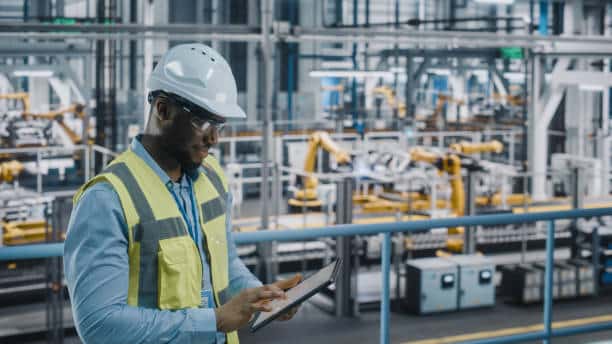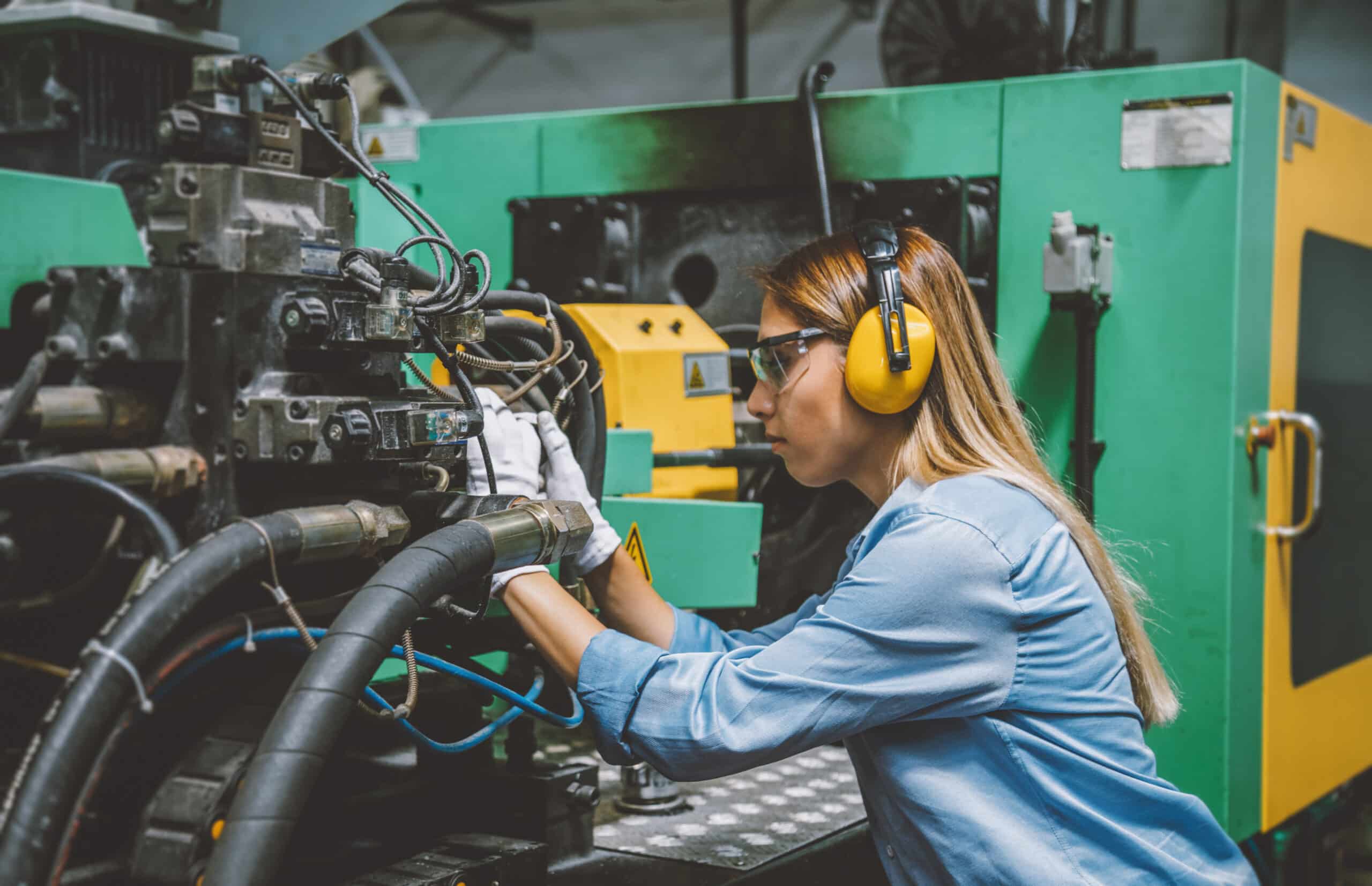
What is Industrial Manufacturing?
Industrial manufacturing plays a crucial role in shaping modern society, driving economic growth, and fostering innovation. But what exactly does this term encompass? In this blog post, we will explore the fundamentals of industrial manufacturing, delve into the current trends for 2024, and highlight key aspects of this dynamic industry.
Understanding Industrial Manufacturing
What is Manufacturing?
Manufacturing refers to the process of transforming raw materials into finished goods through the use of tools, machinery, and human labor. This process is integral to various industries, from consumer electronics to automotive production. But what is industrial manufacturing specifically?
What is Industrial Manufacturing?
Industrial manufacturing is a subset of the broader manufacturing sector. It features manufacturing jobs that involve the large-scale production of goods using advanced machinery and technology. This type of manufacturing typically takes place in industrial plants and factories, where various processes, such as assembly, machining, and fabrication, are carried out to produce high-quality products efficiently.
Key Components of Industrial Manufacturing
What is a Production Industry?
A production industry focuses on producing goods on a large scale. This includes everything from food and beverages to textiles and chemicals. In the context of industrial manufacturing, the production industry is characterized by its emphasis on efficiency, quality control, and the use of advanced technology.
What are Industrial Plants?
Industrial plants are facilities where industrial manufacturing processes are conducted. These plants are equipped with specialized machinery, production lines, and quality control systems to ensure the efficient production of goods. They are essential hubs of activity in the manufacturing industry.
What is Considered Manufacturing Experience?
Manufacturing experience refers to the hands-on knowledge and skills gained through working in various manufacturing roles. This experience can range from operating machinery and managing production lines to overseeing quality control and implementing process improvements. It is a valuable asset in the industrial manufacturing sector.

2024 Manufacturing Outlook
2024 Manufacturing Trends
The manufacturing industry is constantly evolving, and staying ahead of trends is crucial for success. Here are some key trends shaping the 2024 manufacturing outlook:
- Automation and Robotics: The integration of automation and robotics is revolutionizing manufacturing processes, enhancing efficiency, and reducing labor costs.
- Sustainable Manufacturing: With increasing environmental concerns, manufacturers are adopting sustainable practices, such as using renewable energy and reducing waste.
- Digitalization: The rise of Industry 4.0 and the Internet of Things (IoT) is driving digital transformation in manufacturing, enabling real-time data analysis and improved decision-making.
- Customization: Consumer demand for personalized products is pushing manufacturers to adopt flexible production methods and technologies.
What is SAP in Manufacturing Industry?
SAP (Systems, Applications, and Products in Data Processing) is a leading enterprise resource planning (ERP) software used in the manufacturing industry. It helps streamline and integrate various business processes, such as supply chain management, production planning, and inventory control, ensuring optimal efficiency and productivity.
Careers in Industrial Manufacturing
What is a Manufacturing Job?
A manufacturing job involves working in the production of goods. These jobs can vary widely, from operating machinery and assembly line work to quality control and maintenance. Manufacturing jobs require a range of skills, including technical expertise, problem-solving abilities, and attention to detail.
What is Industrial Technology?
Industrial technology encompasses the tools, machinery, and equipment used in manufacturing processes. This includes everything from advanced robotics and automation systems to computer-aided design (CAD) software and industrial control systems. Industrial technology plays a critical role in enhancing productivity and innovation in manufacturing.
The Industrial Manufacturing Process
To better understand the industrial manufacturing process, let’s break it down into key steps:
1. Raw Material Acquisition: Sourcing the necessary raw materials.
2. Production Planning: Developing a detailed plan for the manufacturing process.
3. Machining and Fabrication: Transforming raw materials into components.
4. Assembly: Putting together various components to create the final product.
5. Quality Control: Ensuring the finished product meets required standards.
6. Packaging and Distribution: Preparing the product for shipment and delivery.
Industrial manufacturing is a cornerstone of the global economy, driving innovation, efficiency, and growth. Understanding the key components of this sector, from the definition of manufacturing to the latest trends for 2024, is essential for anyone involved in or interested in the industry. As we move forward, embracing advancements in technology and sustainability will be crucial for the continued success of industrial manufacturing.
By staying informed about the latest trends and technologies, manufacturers can ensure they remain competitive and continue to meet the ever-evolving demands of the market.
For more insights into the manufacturing industry and to learn how Team NCW can help you find top talent for your industrial manufacturing needs, visit our website or contact us today.
If you are ready to take that next step in your manufacturing career, let NCW help you today!
